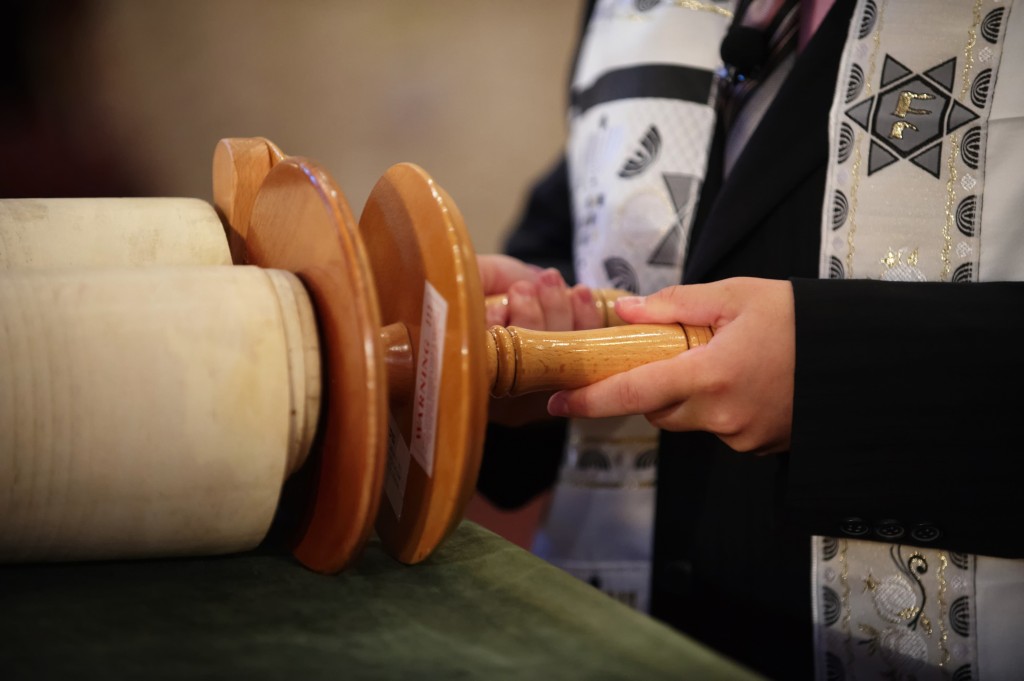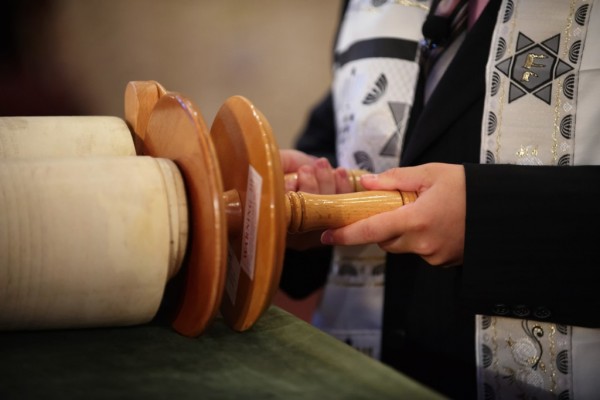
Non-Jewish Influence Grows in American Jewish Synagogues
- By Alison Lesley --
- 20 Nov 2014 --

According to research, the presence of non-Jews has been increasing in synagogues.
Yaakov Ariel, a professor of Religious Studies at the University of North Carolina and co-director of the Center for Jewish Studies there, has been studying the changes in synagogues in the southern US. According to his findings, the increase in non-Jewish congregation members has directly impacted the ambience in the synagogues.
Changing Synagogue Composition
Less than a generation ago, synagogues were “Jewish tribal, cultural territory, a place you could tell Jewish jokes”, but that appears to no longer be the case says Ariel. You hear less Yiddish around the synagogue “because these people didn’t grow up like this.”
He noted that while many of the non-Jews attending synagogue services may have been in romantic relationships with their Jewish counterpart, many were not married. Others, who were drawn into Judaism’s openness on issues, were labeled ‘spiritual seekers.’ However, most came from similar backgrounds as the Jewish congregants. For some time, the congregation consisted primarily of “white, middle-class and upper-middle-class educated professionals.”
Synagogues Become Ethnically Diverse
Over the more recent years, Ariel found that as Jewish couples began adopting black, Asian and Latino babies, they’ve become much more ethnically diverse. As these changes progress, it began to become clear that many were interested in what Judaism offered. Non-Jews often served as prominent figures on their synagogue boards.
Further study revealed that while non-Jewish women converted more than non-Jewish men, when it came to their partners, men were generally far more active in their membership. They participated in various committees and during service. Surprisingly, the previous ‘ethnic, cultural and tribal atmosphere’ has transformed into a spiritual, religious focused one.
Not All Synagogues Approve
Apparently, that is more linked to differences between various congregations. Reform congregations are more accepting of non-Jewsthan conservative congregations. Ariel notes that this is likely due to the fact that some reform congregations have a rabbi that is more by the book than anything else.


















